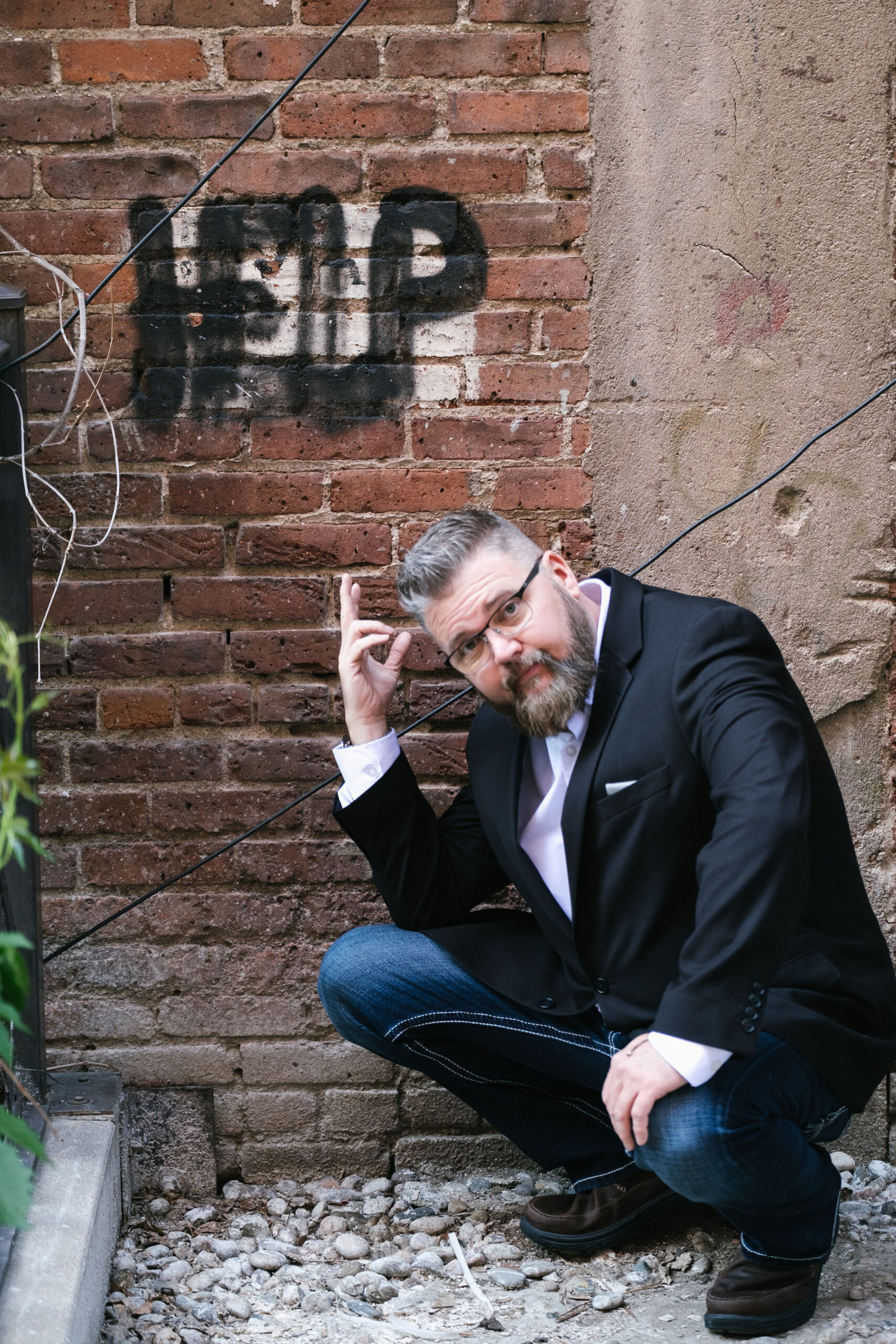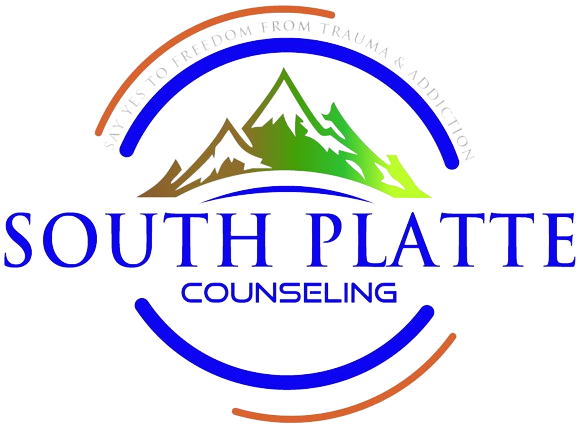 Adam Krolicki: Reclaiming Strength and Purpose Through Recovery
Adam Krolicki: Reclaiming Strength and Purpose Through Recovery
I served as an Army infantryman—a role that demanded discipline, resilience, and the ability to face challenges head-on. When I got back to the world, the battles didn’t stop; they just changed. The experiences of war I carried with me eventually became too heavy, and I turned to drugs and alcohol as a solution. At first, it worked. Then it didn’t. Eventually, it consumed everything—my relationships, my goals, and my sense of self.
Hitting rock bottom forced me to confront a hard truth: I was aimless, and I couldn’t fix this on my own. Seeking help wasn’t easy, but it was the only way forward. Through counseling and the support of others who understood what I was facing, I rebuilt my life. Recovery wasn’t just about quitting—it was about rediscovering honor, accountability, and purpose.
A Mission Rooted in Action
As a Certified Addiction Specialist (CAS) and Registered Psychotherapist (RPT), I know drugs and alcohol isn’t the problem; it’s the solution until it’s not. My approach is direct and action-based, focusing on uncovering the core issues and rebuilding from the ground up. Recovery is a process of reclaiming your strength, your integrity, and your responsibility for your future.
Redefining Strength for Men
Men are often taught to suppress their emotions, to view vulnerability as weakness. That mindset creates isolation and frustration, leaving many without the tools to deal with life’s challenges. True strength comes from facing what you’d rather avoid, from taking control of your emotions instead of letting them control you.
I work with men to redefine what it means to be strong—to turn anger into assertiveness, pain into purpose, and avoidance into action. This isn’t about coddling; it’s about doing the hard work to reclaim who you are and what you stand for.
Building a Future Worth Fighting For
Whether you’re struggling with addiction, anxiety, or the pressures of life, there’s a way forward. It starts with taking responsibility for where you are and committing to where you want to be. Your past doesn’t define you—it’s the choices you make today that will shape your future.
Schedule an Appointment
Call or text 720-295-6847 or email adam@southplattecounseling.com to get started.
Sessions Available
Monday – Thursday: 11:00 AM – 7:00 PM (MST)
Let’s work together to build a life you can stand tall in—one built on strength, purpose, and the courage to face what matters most.



